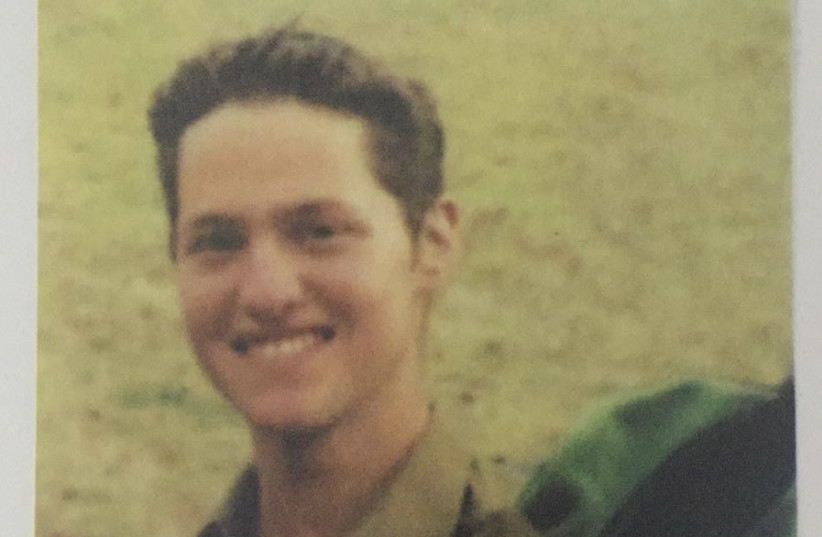As if we didn’t have enough tzuris (troubles). Now the nation is locked in yet another divisive debate: Should our elected officials make appearances at military and other cemeteries on Remembrance Day for the Fallen of Israel’s Wars and Victims of Terrorism or should they stay away?
We fully understand the high emotion this day engenders and how so many people – especially the bereaved – correctly feel that this day must remain apolitical, as free of partisanship as is humanly possible. Our cemeteries are holy ground, housing the men and women, young and old, who gave their lives for us, for our country. They are heroes, they are holy, and their peace must remain undisturbed on this holiest of secular days.
Yet we firmly believe that not only may these visitors be allowed to join in the commemorations, but they must be there.
Remembrance Day: When all of Israel unites as one broken heart
For one thing, no matter what their position is in the government or military, they, too, are citizens of Israel. They also are connected to the brave departed, for virtually every Israeli is no more than two degrees of separation from a soldier who fell or a civilian who was killed or wounded in a terror attack. Either through family or friendship, or even proximity to their home, they too were close to a tragedy in one form or another, so they too must be allowed to grieve – publicly – at least once each year.
Moreover, we need to know that our elected officials care – that they appreciate the sacrifice that was made on their behalves by the pure souls who were willing to make the ultimate sacrifice for the good of the country. Indeed, their absence at these ceremonies would be yet another dagger, another source of pain that we would have to endure. On this day, we are all of one heart – albeit a broken one.

WE REMEMBER the support we felt when the president and many other members of Knesset, as well as high-ranking military figures including the chief of staff, came to our son Ari’s shiva (mourning period). The annual reliving of our tragedy is a moment when we crave and appreciate the solidarity of everyone, including and especially the leaders of society.
We appreciate the passion Israelis have for what happens in this country. It is very difficult to stifle those emotions when you really care – and so we know that there is a danger that someone will overstep his or her boundaries at a ceremony and start an argument with a politician who is not to their liking. The atmosphere today is super-charged; it often feels like a grenade with the pin pulled, just waiting to explode. But we have to hope that everyone will show respect and restraint and not bring dishonor to the silent ones whom they came to honor. Surely, they, if they could speak, would bid their loved ones to also keep this moment sacred and free of dissension.
Our Ari was a courageous, yet gentle boy of a man. He was unpretentious and loved everyone, regardless of their origins, their religious observance or their political beliefs. He, like all our too many kedoshim, deserves respect from everyone on Remembrance Day – family, friends, visitors and fellow bereaved mourners. He, like us, would be aghast if, for this one moment in time, we let our meaner spirits prevail and defile this day. That would truly be a low point in Israeli history.
Perhaps Yom Hazikaron can actually be a day of reckoning for the nation. Perhaps it can move the most determined individual to meet the other halfway. Perhaps it can motivate each side to sacrifice for the common good, in memory of those who sacrificed everything.
Stewart and Susie Weiss are the parents of Staff Sgt. Ari Weiss, who fell in battle against Hamas terrorists in Nablus on Sept. 30, 2002.
